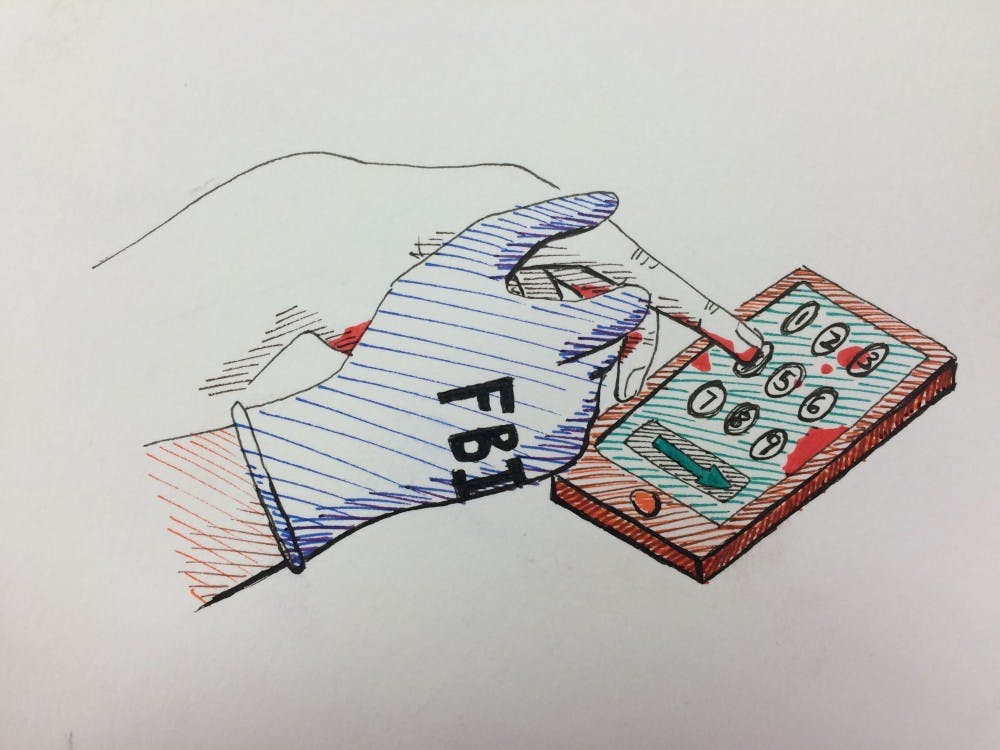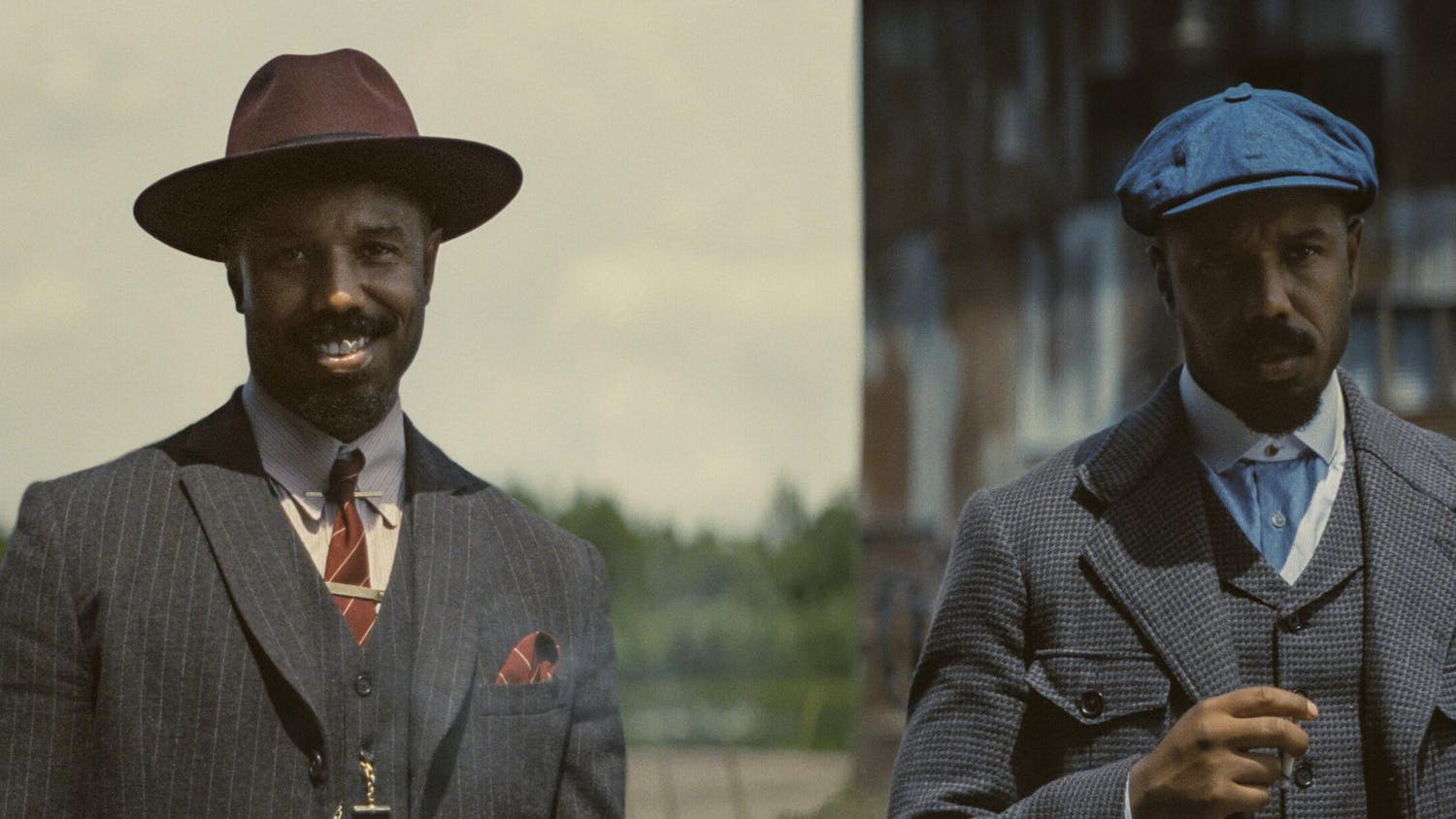The Editorial Board commends the interactions between Apple Inc. and the FBI following the Nov. 5 Sutherlands Springs shooting in South Texas.
These interactions demonstrated a willingness to aid law enforcement and the judicial process while simultaneously protecting the privacy of America’s citizens.
The fraught history between the two groups began in December 2015 during the aftermath of the San Bernardino mass shooting when the FBI issued Apple a court order to supply it with a program that would allow the Bureau to bypass certain encryption and data safeguards on the shooter’s iPhone.
Apple has helped unlock dozens of phones in other cases, and offered assistance to the FBI shortly after both mass shootings, but were rightfully unwilling to provide the government with this method of access.
Apple provided the FBI with Apple engineers and provided advice on how to proceed with the smartphone portion of the investigation.
However, the company would not supply the requested new version of the iOS mobile operating system, stating, “it would be wrong to intentionally weaken our products with a government-ordered backdoor. If we lose control of our data, we put both our privacy and our safety at risk.”
Apple CEO Tim Cook went on to call the implications of the FBI order “chilling” in an open letter to Apple customers, explaining that the precedent set by this case could expand government power and allow them to legally capture or surveil any iPhone data or even access the phone camera or microphone without the owner’s knowledge.
The Editorial Board unequivocally believes that privacy should be considered a human right, as it promotes creativity, self-expression and freedom. Were Apple to have conceded to the government’s request, the privacy of the American citizen would have been permanently damaged.
The FBI eventually used an undisclosed third-party group to unlock the San Bernardino shooter’s iPhone, but this came with a hefty taxpayer price tag of nearly $1.3 million and didn’t provide any useful clues to the attack.
Apple swiftly reached out to government investigators following the Sutherland Springs shooting, but it appears that the FBI, neglecting to accept Apple’s proactive aid, will again rely on a private firm to circumvent the iPhone’s protections.
Future threats to the privacy and freedom of technology still exist, such as hypothetical legislation outlawing end-to-end encryption similar to the Orwellian “Compliance with Court Orders Act of 2016” bill that, fortunately, died last May.
Republican FCC Chairman Ajit Pai’s plan to overturn U.S. net neutrality rules, which will undergo a final vote Dec. 14, poses a similar threat to U.S. privacy and freedom. If net neutrality is undone, access to web content may be slowed or blocked completely by internet providers or the government, an equally egregious attack on U.S. freedom.
Technology, from revolutionary social media in Egypt to illicit movies and television shows trickling into North Korea, possesses an incredible capacity to unite, inform and affect positive change. In order to preserve technology’s purpose, corporations like Apple must continue to fight for the preservation of private and accessible data.




